Space travel has come a long way, thanks to the brave men and women who dared to venture beyond our planet. These pioneering astronauts took the first steps into the unknown, facing incredible challenges and making history along the way. In this article, we’ll highlight 15 of these trailblazers who played crucial roles in shaping the future of space exploration. Their contributions continue to inspire and guide us as we reach for the stars.
Contents
Neil Armstrong
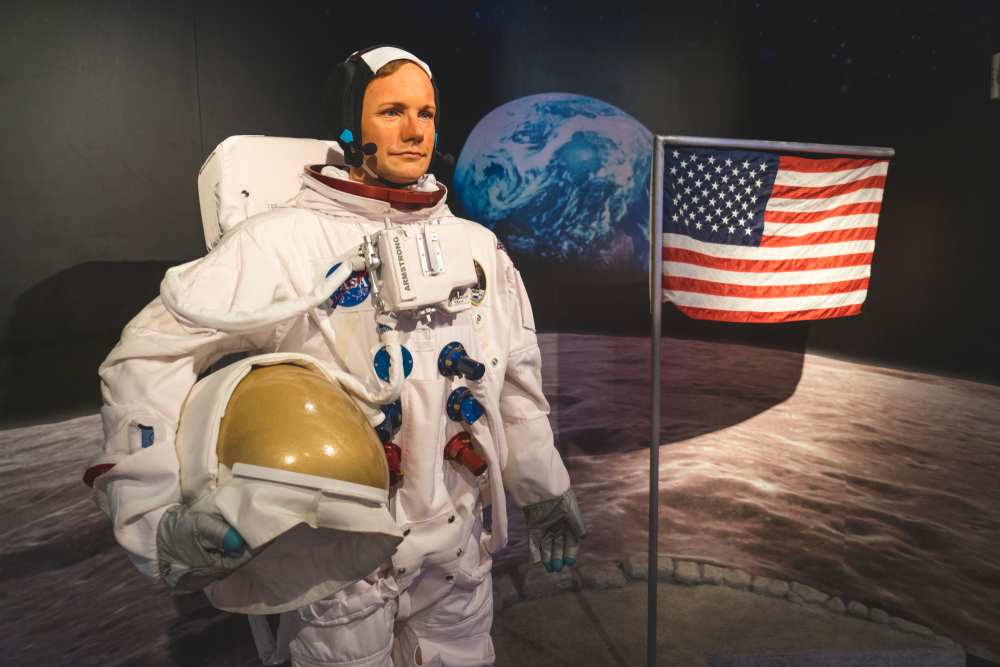
On July 20, 1969, Neil Armstrong stepped onto the Moon, forever marking his place in history. As the commander of Apollo 11, he and his crew achieved what many thought impossible. Armstrong’s calm demeanor and pioneering spirit were pivotal to the mission’s success. His famous words, “one small step for man,” symbolize the extraordinary achievements of space exploration.
Yuri Gagarin
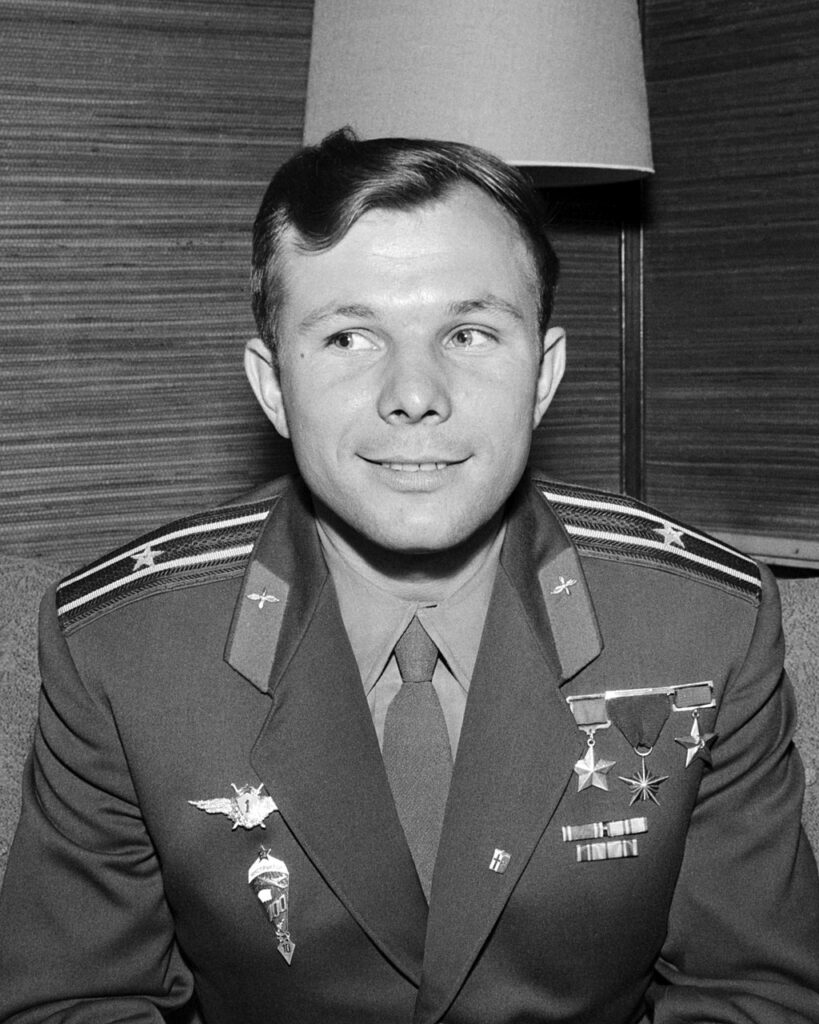
Yuri Gagarin became the first human to travel into space on April 12, 1961, making history with his Vostok 1 mission. This achievement demonstrated that humans could survive the harsh conditions of space, fueling the space race. Gagarin’s courage and the Soviet Union’s success pushed the boundaries of exploration. Today, his legacy continues to inspire astronauts and space enthusiasts worldwide.
Valentina Tereshkova
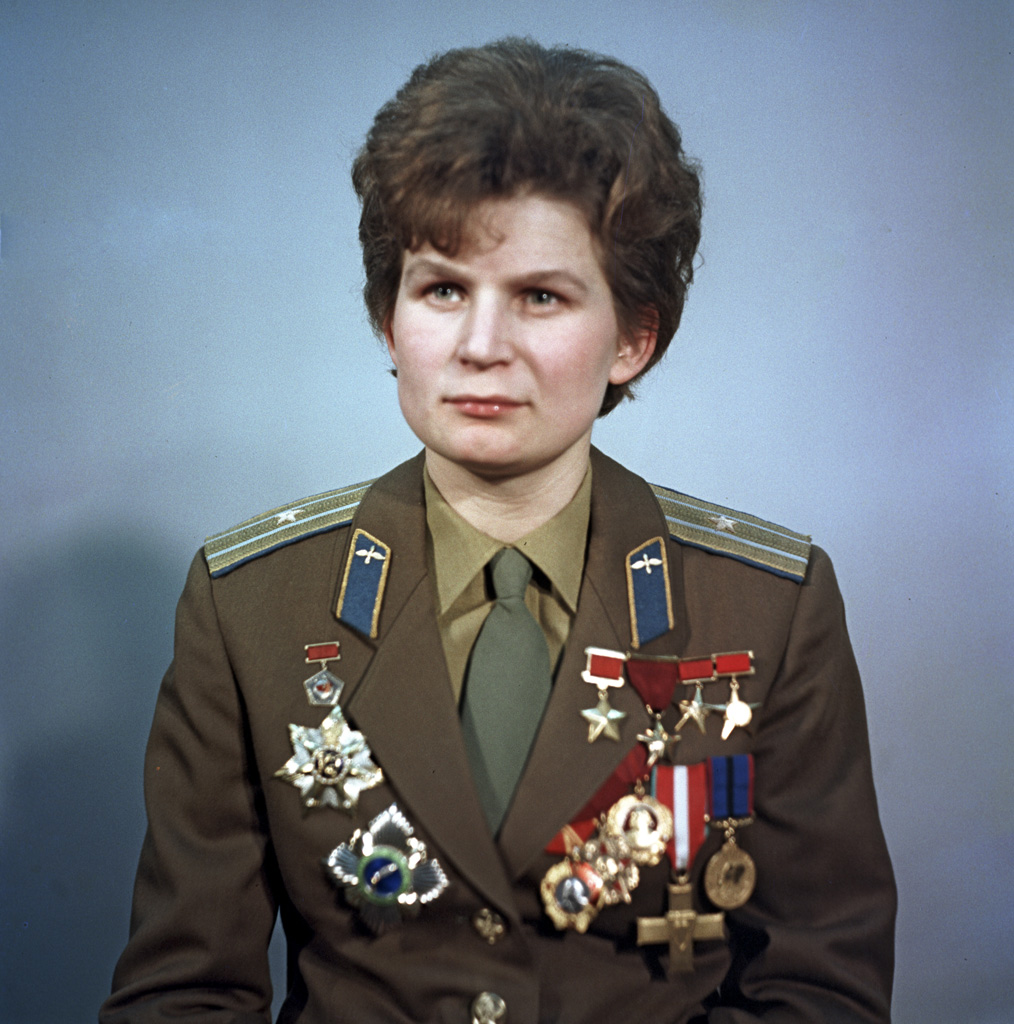
Valentina Tereshkova shattered barriers by becoming the first woman in space on June 16, 1963. Aboard Vostok 6, she orbited the Earth 48 times, surpassing the flight duration of all previous American astronauts combined. Her mission was not only a triumph for gender equality but also for long-duration spaceflight. Tereshkova’s courage continues to inspire women in STEM fields globally.
John Glenn
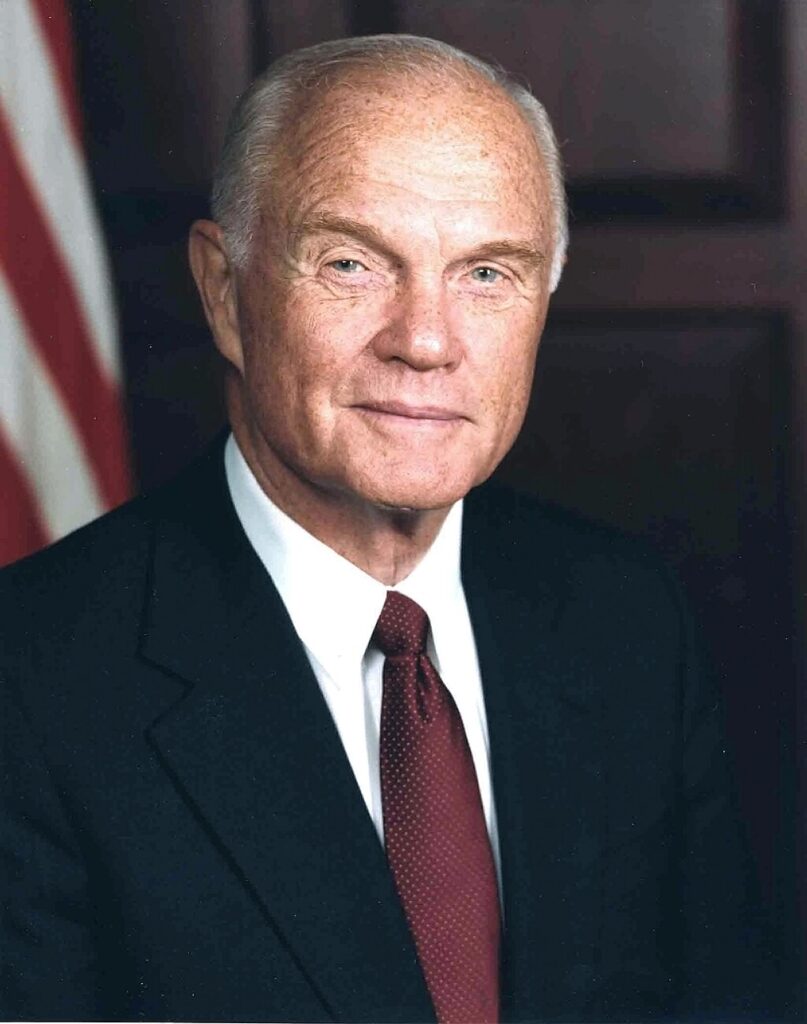
John Glenn made history on February 20, 1962, as the first American to orbit the Earth. His mission aboard Friendship 7 was a crucial win for NASA, restoring confidence after several Soviet successes. Decades later, Glenn returned to space at age 77, becoming the oldest person to fly in space. His career remains a testament to the resilience and pioneering spirit of American astronauts.
Alan Shepard
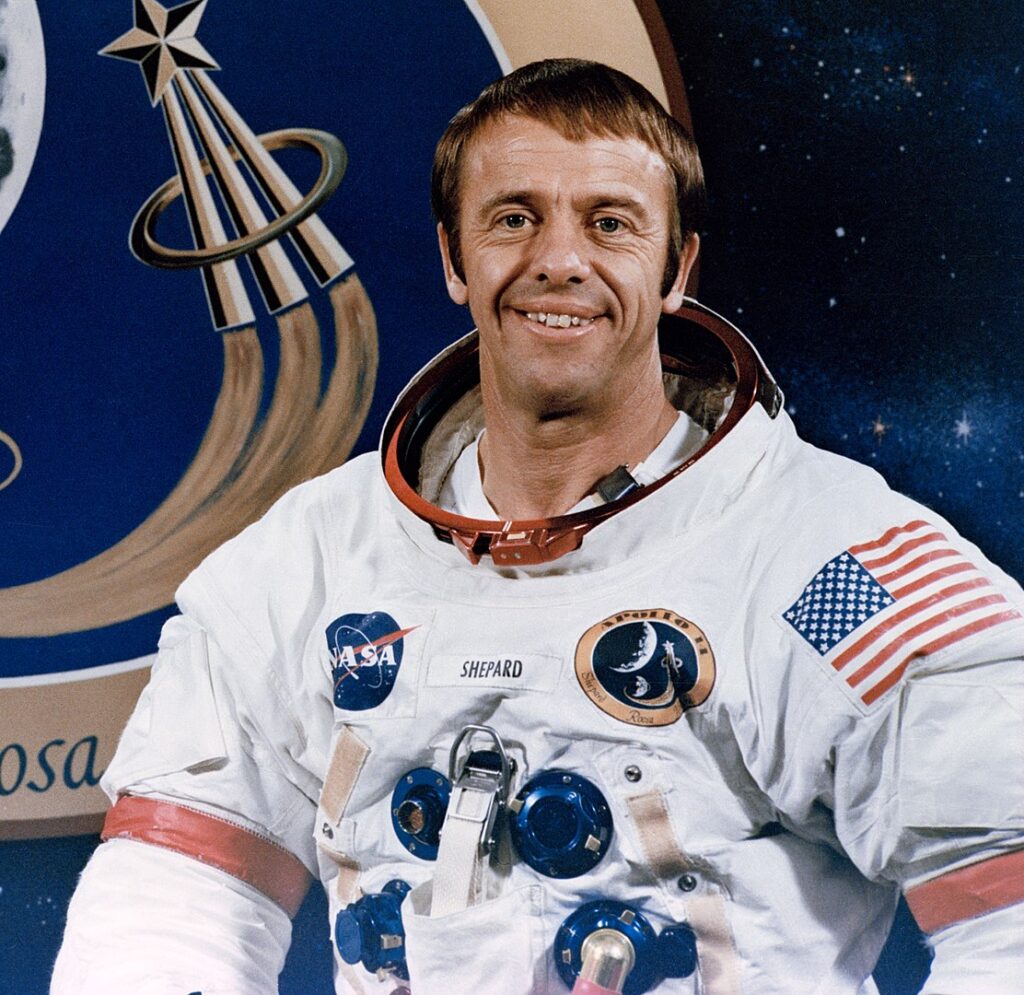
Alan Shepard’s suborbital flight on May 5, 1961, made him the first American in space. Though brief, this 15-minute journey aboard Freedom 7 was a significant milestone for the United States. Shepard’s determination didn’t end there; he later commanded Apollo 14, becoming the fifth person to walk on the Moon. His contributions were instrumental in establishing America’s presence in space.
Sally Ride
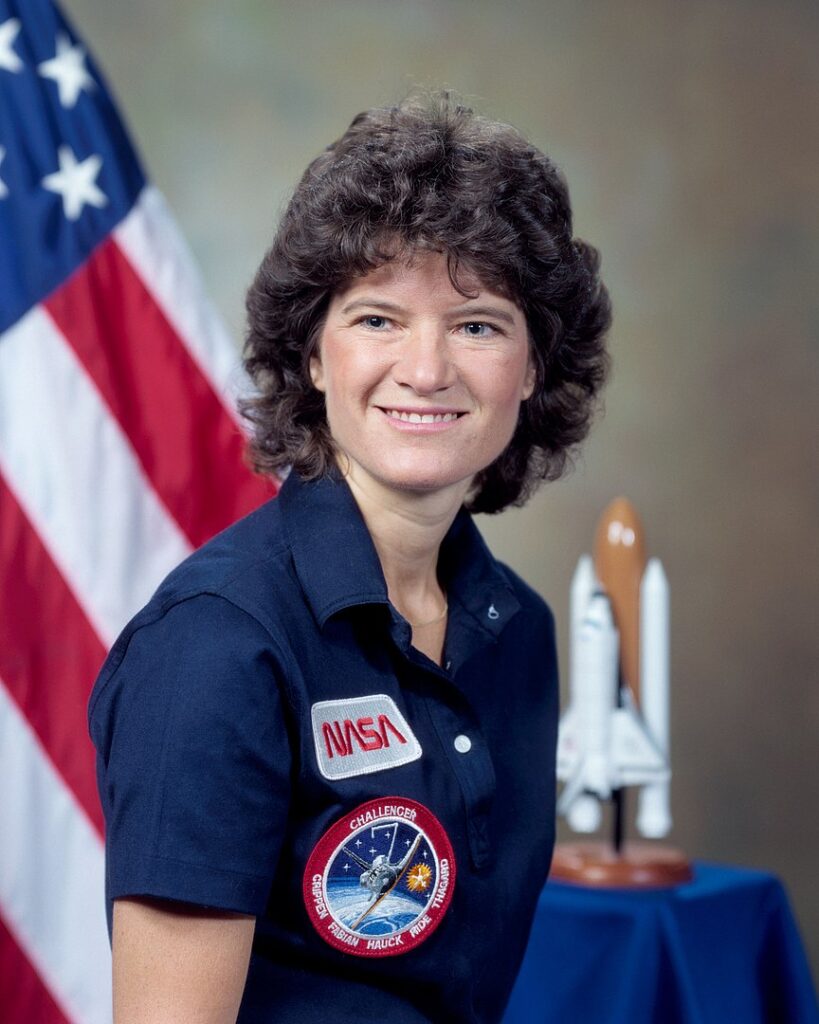
On June 18, 1983, Sally Ride became the first American woman to journey into space. Her role as a mission specialist aboard the Space Shuttle Challenger marked a turning point for women in space exploration. Ride’s subsequent dedication to education and outreach helped pave the way for future generations of female scientists. Her legacy is one of inspiration and breaking barriers.
Buzz Aldrin
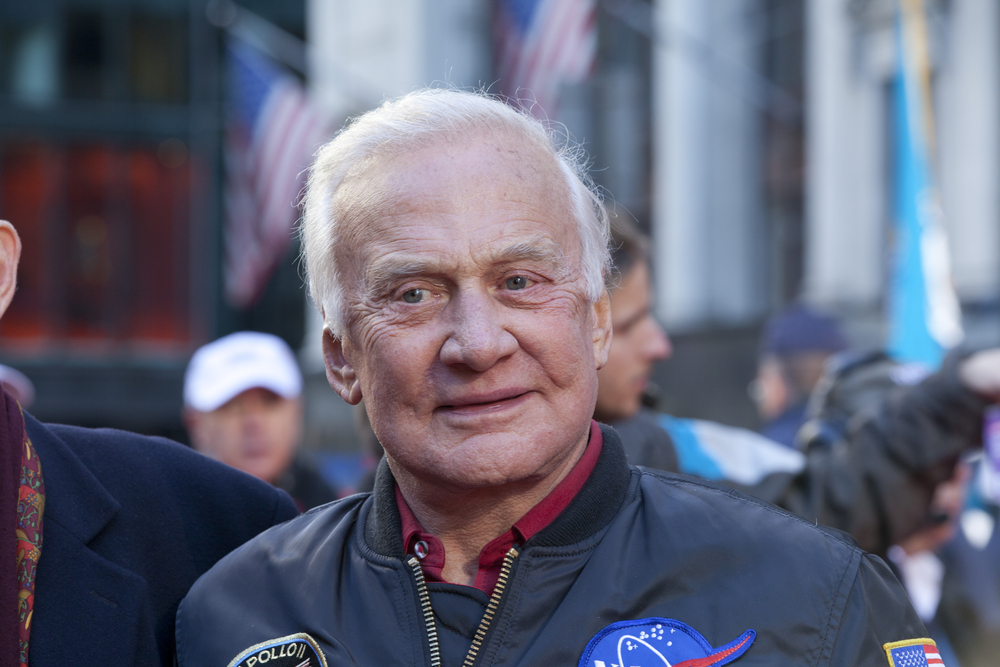
Buzz Aldrin, the second man to walk on the Moon, played a vital role in the Apollo 11 mission. His expertise in orbital mechanics and space rendezvous techniques was crucial to the mission’s success. Aldrin’s time on the lunar surface was marked by scientific exploration, embodying the spirit of discovery. His contributions continue to influence space exploration efforts today.
Mae Jemison
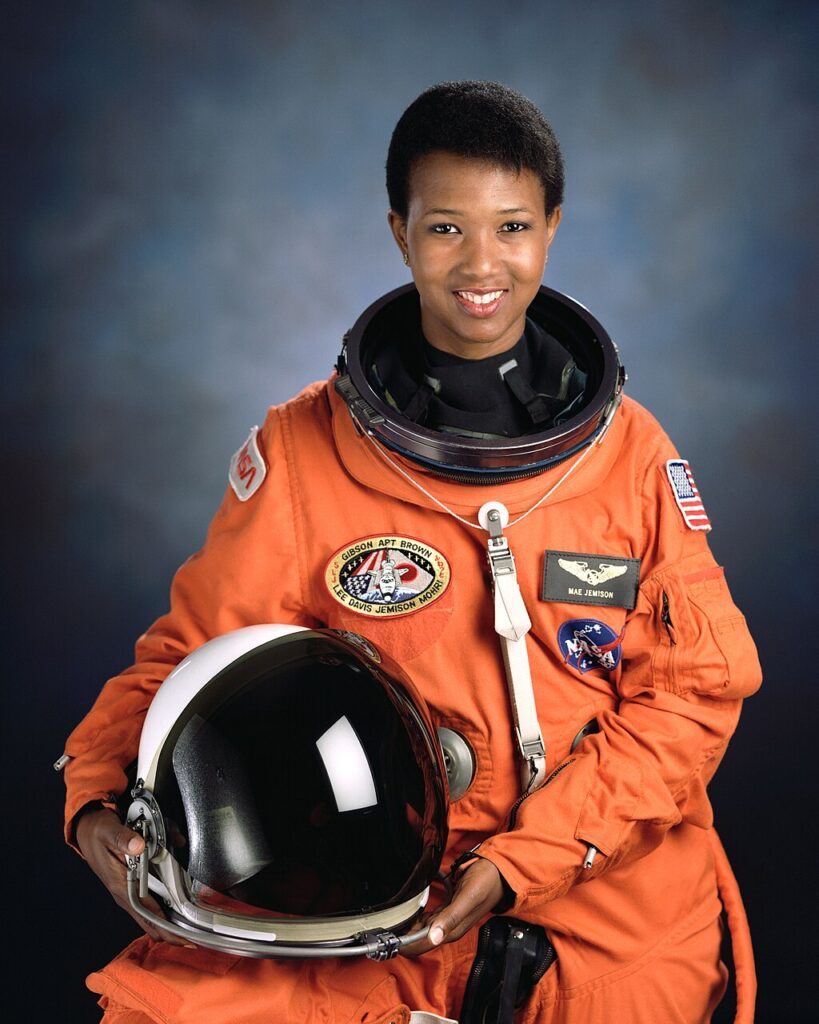
Mae Jemison made history on September 12, 1992, as the first African American woman in space. Aboard the Space Shuttle Endeavour, she served as a mission specialist, highlighting the importance of diversity in space exploration. Jemison’s background in medicine and engineering contributed to her success and paved the way for future astronauts. Her work continues to inspire young scientists around the world.
Christa McAuliffe
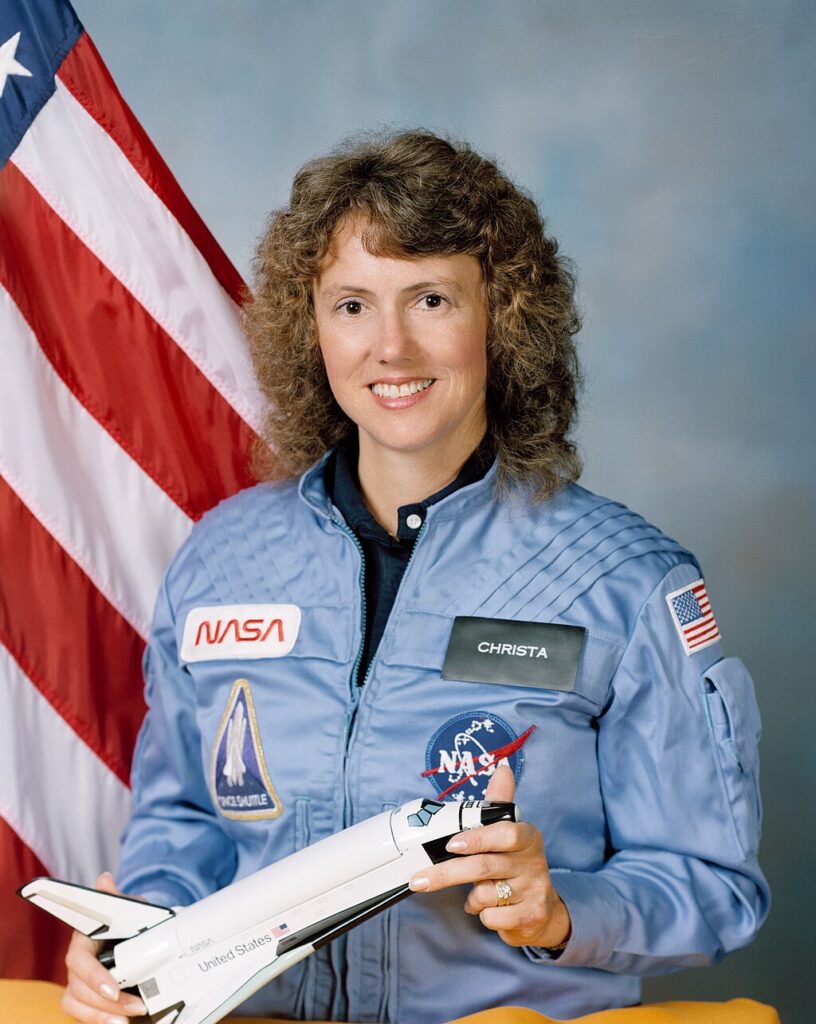
Christa McAuliffe, selected as the first teacher in space, represented the link between education and exploration. Her participation in the Challenger mission on January 28, 1986, aimed to inspire students worldwide. Tragically, the mission ended in disaster, but McAuliffe’s legacy endures. Educational programs and initiatives continue to honor her memory and inspire future generations.
James Lovell
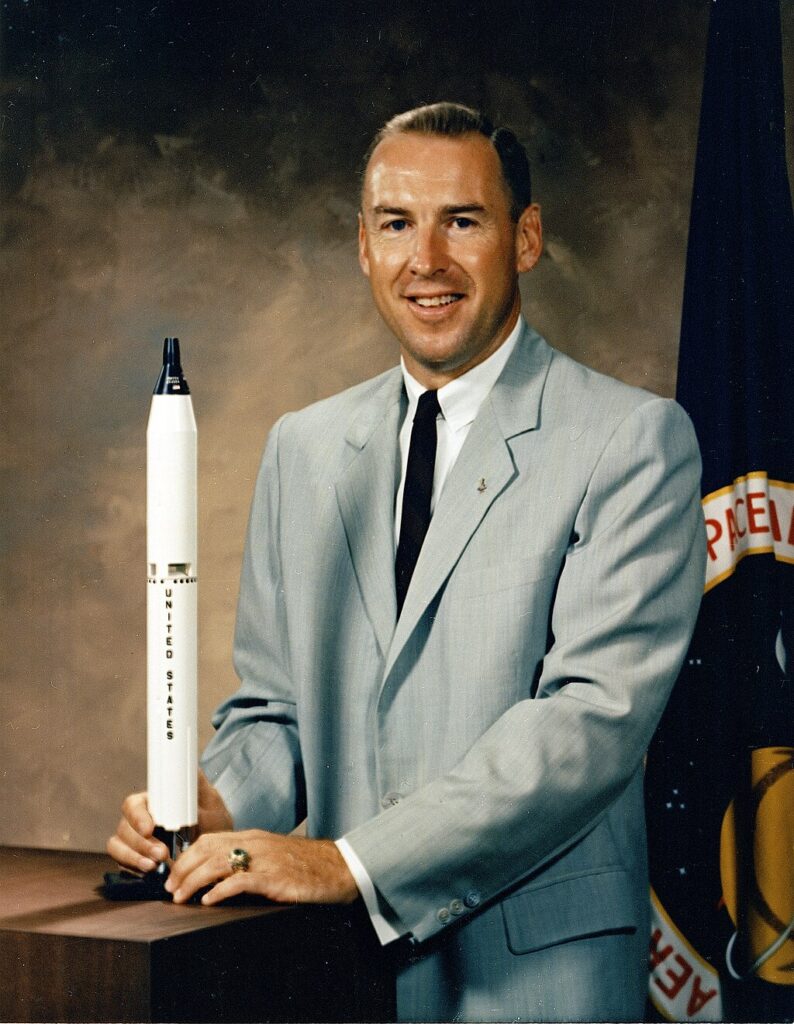
James Lovell is best known for his leadership during the Apollo 13 mission, a story of survival and ingenuity. When an oxygen tank explosion crippled the spacecraft, Lovell’s calm demeanor and problem-solving skills were crucial. His previous missions, including Apollo 8, added to his reputation as a pioneering astronaut. Lovell’s contributions to space exploration are celebrated for their courage and determination.
Peggy Whitson
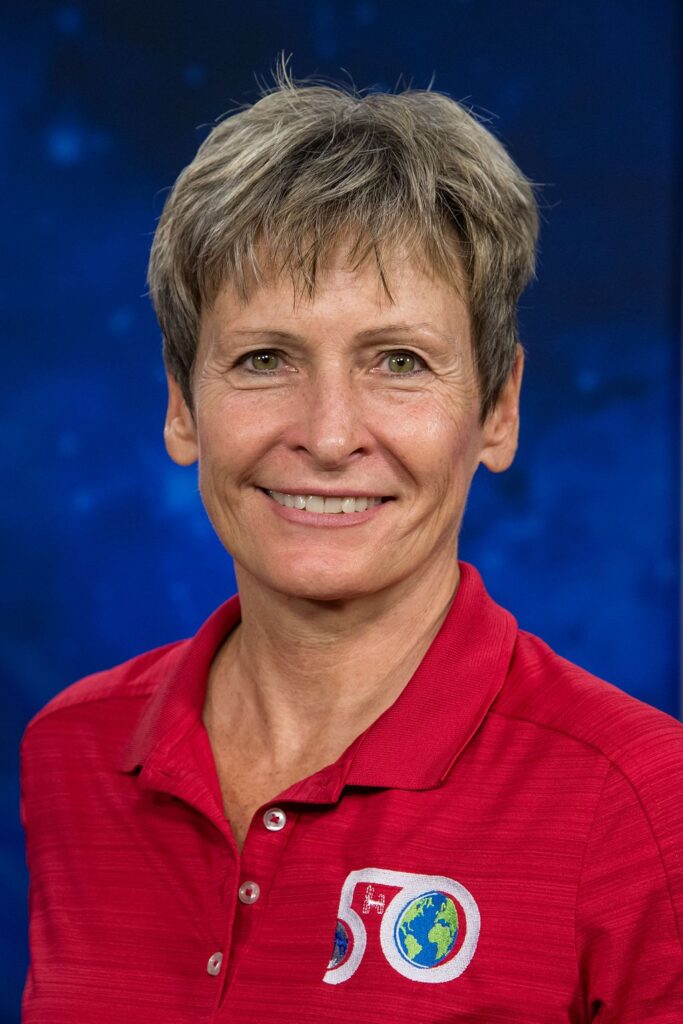
Peggy Whitson’s career is marked by several records, including the longest cumulative time spent in space by an American astronaut. With 665 days across three missions, Whitson’s achievements include being the first woman to command the International Space Station twice. Her numerous spacewalks further cement her legacy as a trailblazer for women in space. Whitson’s impact on space exploration is both profound and enduring.
John Young
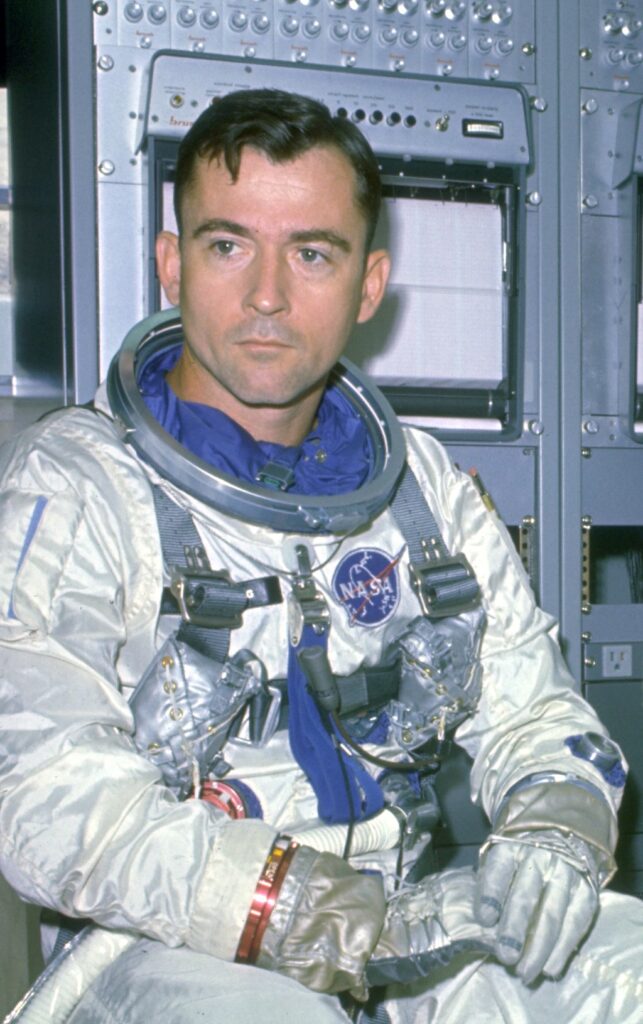
John Young’s career with NASA was nothing short of remarkable, spanning over four decades. He became the first person to fly in space six times, with missions that included walking on the Moon during Apollo 16. Young also commanded the first Space Shuttle flight, showcasing his versatility and expertise. His long-standing contributions make him one of the most respected figures in space exploration history.
Eileen Collins

Eileen Collins made history by becoming the first woman to pilot and command a Space Shuttle. Her leadership during the STS-93 mission, which deployed the Chandra X-ray Observatory, demonstrated her exceptional skills. Collins’ achievements paved the way for future female leaders in space exploration. Her legacy continues to inspire women to pursue careers in aerospace and beyond.
Scott Kelly
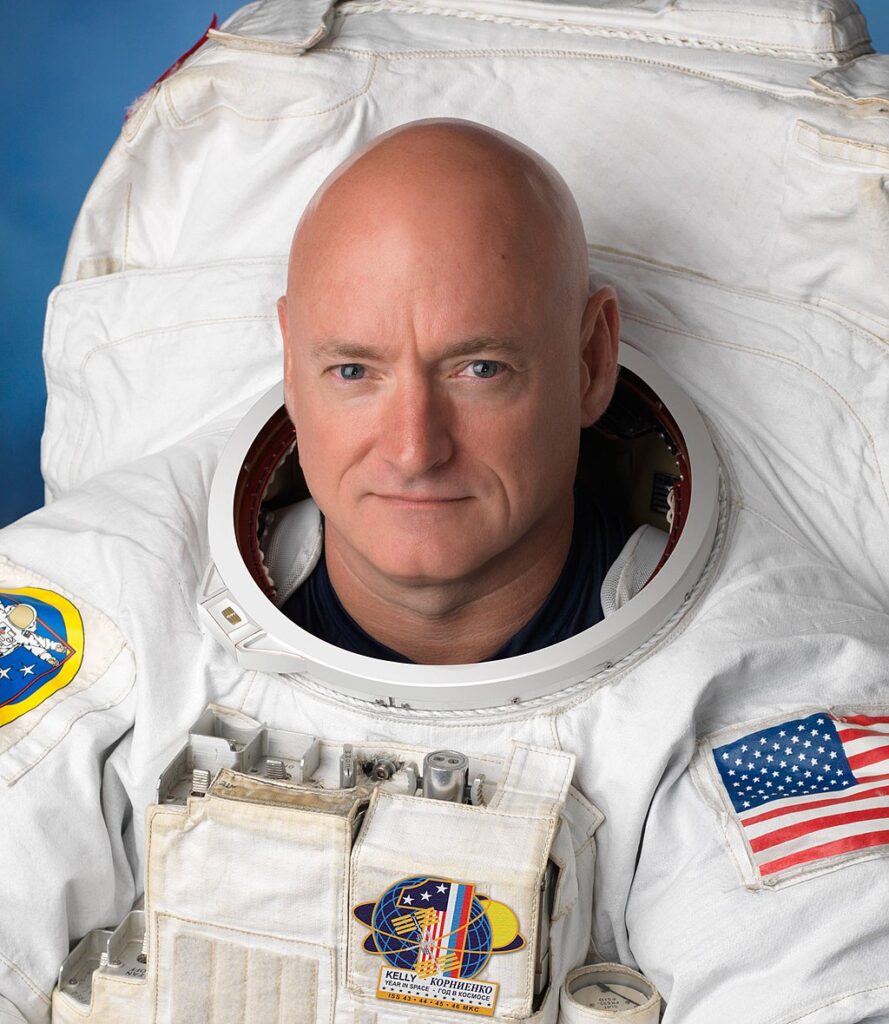
Scott Kelly’s year-long mission aboard the International Space Station provided unprecedented insights into the effects of long-duration spaceflight. His participation in a twin study with his brother Mark Kelly yielded valuable data for future missions to Mars. Kelly’s dedication to science and exploration is evident in his contributions to our understanding of human spaceflight. His work continues to shape the future of space exploration.
Gherman Titov
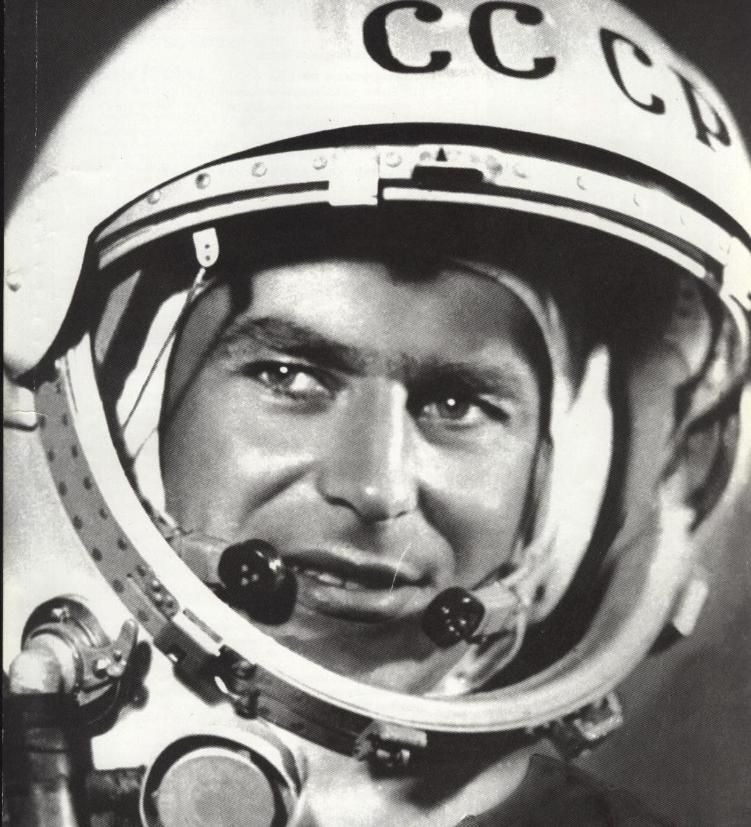
Gherman Titov, the second human to orbit the Earth, was also the youngest to do so at just 25 years old. His Vostok 2 mission on August 6, 1961, provided critical data on human space physiology, including the first experience of space sickness. Titov’s contributions were vital to refining our understanding of the challenges of space travel. His achievements helped pave the way for future space missions.
Luca Parmitano
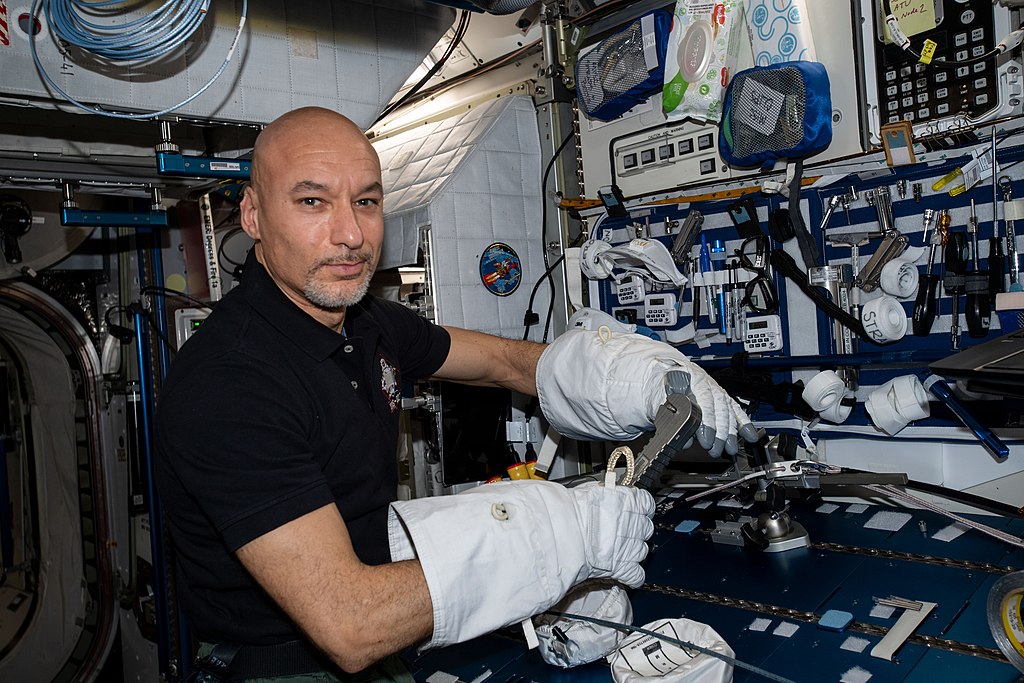
Luca Parmitano became the first Italian astronaut to command the International Space Station during Expedition 61. His extensive experience with spacewalks, including a harrowing near-death experience in 2013, showcased his resilience and expertise. Parmitano’s leadership and contributions have inspired a new generation of European astronauts. His role in space exploration continues to be influential.
This article originally appeared in MyCarMakesNoise.
More from MyCarMakesNoise
12 Unexpected Facts About the Jeep Wrangler

The Jeep Wrangler embodies adventure and rugged independence, capturing the imagination of drivers around the globe. Known for its distinctive design and exceptional off-road ability, the Wrangler is a symbol of durable engineering and the thrill of driving without boundaries. Read More.
15 Classic Cars That Fall Short on Performance
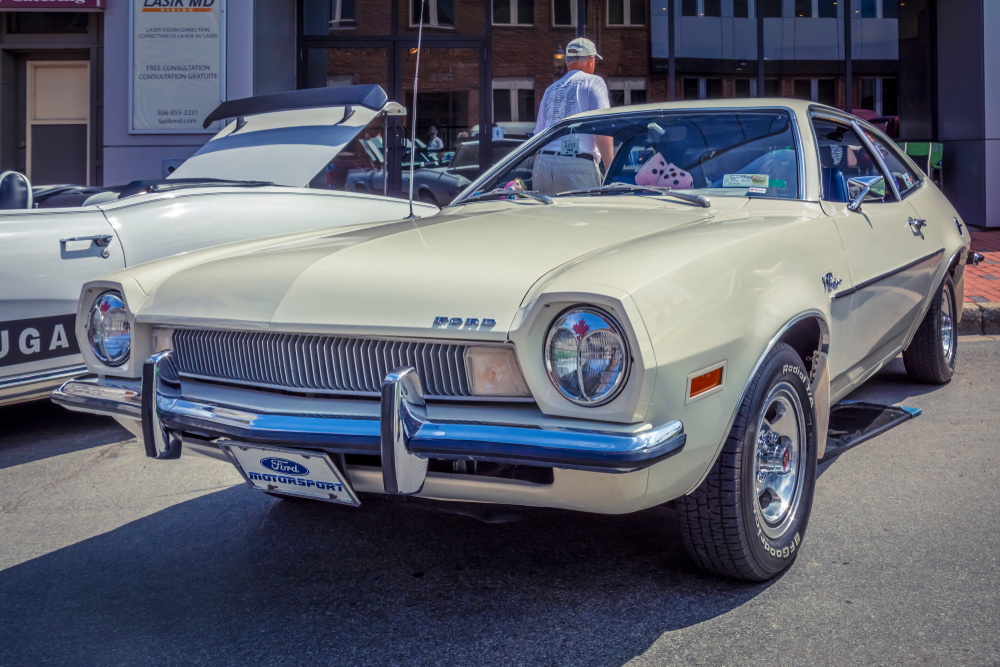
Iconic cars capture our imaginations with their unique designs and compelling backstories but looks can be deceiving. While they may dazzle on the showroom floor, some of these celebrated models fall short behind the wheel. Read More.
20 Cruisers Designed for Riders of Any Skill Level

Cruiser motorcycles are a popular choice for riders of all skill levels, offering a blend of style, comfort, and performance. Whether you’re just starting your riding journey or you’re a seasoned veteran, the right cruiser can make all the difference. Read More.














